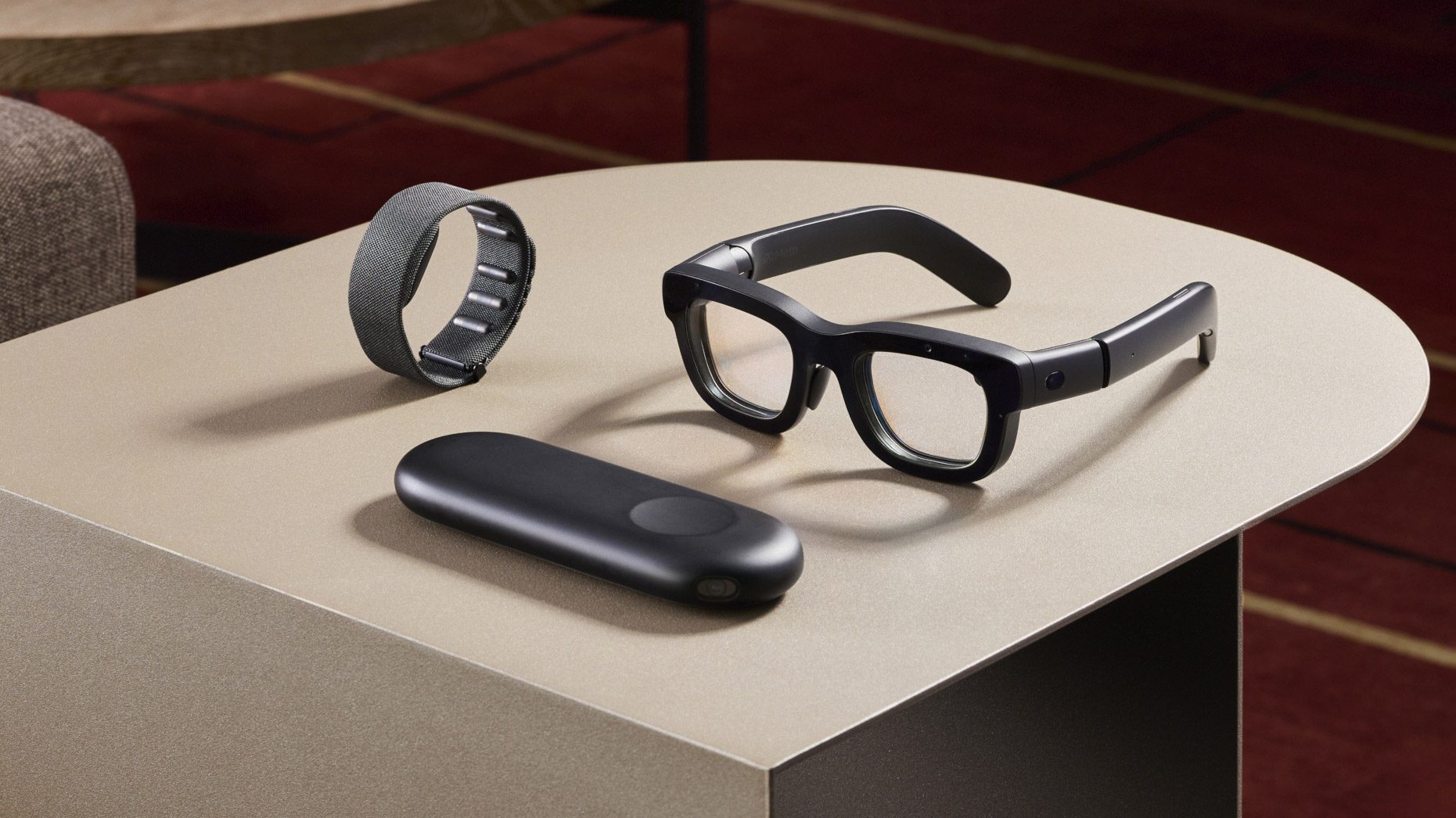In the world of standalone XR headsets, reducing weight and boosting performance are crucial for advancement. While Meta recently showcased its Orion AR glasses prototype featuring a wireless compute unit, Meta’s CTO Andrew Bosworth doesn’t believe this approach is the ultimate solution for standalone VR gaming.
Bosworth, who leads the Reality Labs XR team at Meta, addressed this topic during one of his Instagram Q&A sessions earlier this week. These sessions typically cover a range of topics, blending both professional insights and personal anecdotes.
During this particular session, Bosworth expanded on the topic of wireless compute units, explaining why the company doesn’t view them as the best fit for their standalone VR headsets.
“We’ve revisited this concept multiple times. Wireless compute pucks just don’t solve the core issue. Even if you go wireless, the headset still needs a battery, which significantly adds to its weight. While it might provide some thermal space, potentially boosting performance, you are constrained by the bandwidth limitations of radio technology,” Bosworth explained.
Beyond technical challenges, Meta is primarily focused on affordability for consumers. Their latest Quest 3S, for instance, starts at a competitive price of $300 for the 128GB model. Bosworth added, “opt for a wireless compute puck and your costs skyrocket. Despite offloading some major silicon components, substantial silicon is still necessary to power the displays, manage local corrections, and stream data. In essence, the economics just don’t add up, failing to significantly reduce weight while introducing higher costs and complexity.”

This contrasts with Meta’s Orion prototype, which incorporates a wireless compute unit. However, Orion isn’t heading for mass production due to its steep $10,000 price tag, mainly attributed to its complex silicon carbide lenses. In specific cases, like delivering less immersive graphics to AR glasses, wireless pucks do hold potential.
Yet, Bosworth has noted that their initial consumer AR glasses won’t be hitting the market at the same price point as the Quest. Back in September, Bosworth mentioned that this future device “won’t be cheap,” although Meta aims to make it accessible within the pricing range typical for phones and laptops.














































